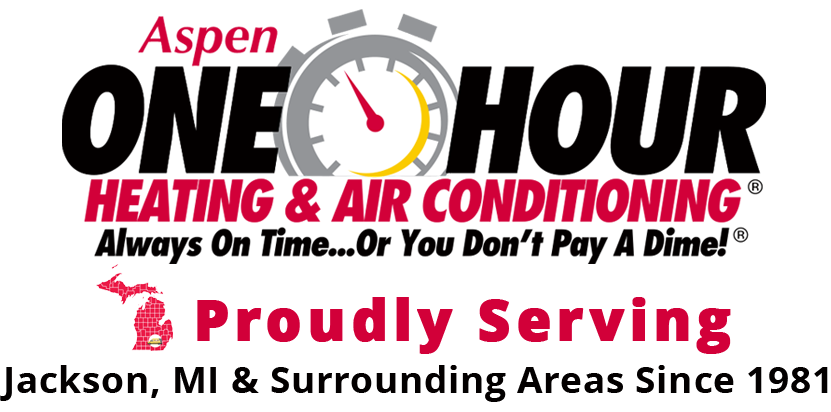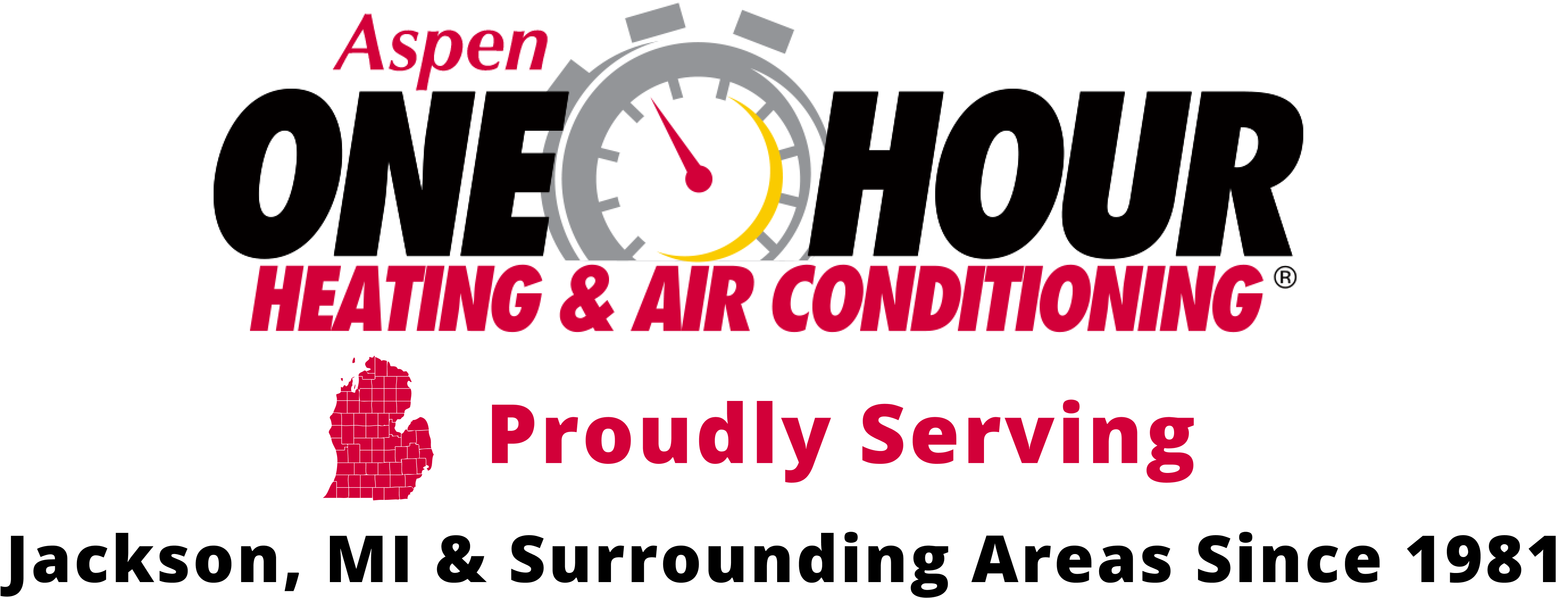When it comes to heating, ventilation, and air conditioning (HVAC) systems, there’s a lot of misinformation floating around. Many homeowners rely on outdated advice, myths, or misleading information that can lead to higher energy bills, inefficient system performance, and costly repairs. To help you separate fact from fiction, we’re debunking some of the most common HVAC myths so you can make informed decisions about your heating and cooling system.
Myth #1: You Only Need to Change Your Air Filter Once a Year
Fiction: Air filters only need to be replaced annually.
Fact: Air filters should be changed every 1–3 months, depending on usage and household conditions.
Many homeowners believe that their air filter only needs to be replaced once a year, but this is far from the truth. A dirty air filter restricts airflow, making your HVAC system work harder and reducing efficiency. If you have pets, allergies, or live in an area with high dust levels, you may need to replace your filter even more frequently.
Prevention Tip: Check your air filter every month and replace it as needed to improve air quality and system efficiency.
Myth #2: Closing Vents in Unused Rooms Saves Energy
Fiction: Closing vents in rooms you don’t use will reduce your energy bill.
Fact: Closing vents can actually strain your HVAC system and increase energy consumption.
It may seem logical to close vents in unused rooms to reduce energy costs, but HVAC systems are designed to distribute air evenly throughout your home. Closing vents disrupts airflow, causing pressure imbalances that force your system to work harder, leading to higher energy bills and potential damage to your ductwork.
Better Solution: Instead of closing vents, consider installing a zoned HVAC system or using programmable thermostats to manage temperatures more efficiently.
Myth #3: Bigger HVAC Systems Provide Better Performance
Fiction: A larger HVAC system will cool or heat your home more efficiently.
Fact: Oversized systems cycle on and off frequently, leading to inefficiency and discomfort.
Many homeowners assume that a bigger HVAC unit will cool or heat their home faster and more effectively. However, an oversized system will short-cycle, meaning it turns on and off more frequently, leading to:
- Higher energy bills
- Uneven temperatures
- Increased wear and tear on components
A properly sized HVAC system will run at optimal efficiency, providing consistent comfort and reducing long-term costs.
Best Practice: Have an HVAC professional conduct a load calculation to determine the right-sized unit for your home.
Myth #4: Cranking the Thermostat Up or Down Heats or Cools Your Home Faster
Fiction: Setting your thermostat to an extreme temperature will heat or cool your home more quickly.
Fact: Your HVAC system works at the same speed, regardless of the temperature setting.
Your HVAC system operates at a steady rate to reach your desired temperature. Setting the thermostat significantly higher or lower won’t speed up the process—it will only force your system to work longer than necessary, leading to wasted energy and higher bills.
Smart Tip: Use a programmable thermostat to maintain a comfortable and energy-efficient schedule.
Myth #5: Ceiling Fans Lower Room Temperature
Fiction: Ceiling fans cool a room by lowering the temperature.
Fact: Fans create a wind-chill effect but don’t change the actual room temperature.
Ceiling fans make you feel cooler by moving air across your skin, which helps evaporate sweat and create a cooling sensation. However, they don’t lower the room’s actual temperature. Running ceiling fans when no one is in the room wastes energy.
Energy-Saving Tip: Use ceiling fans when a room is occupied and turn them off when leaving to save electricity.
Myth #6: HVAC Maintenance Is Only Necessary When Something Goes Wrong
Fiction: Your HVAC system only needs servicing when there’s a noticeable problem.
Fact: Regular maintenance extends system life and prevents costly repairs.
Many homeowners wait until their HVAC system breaks down before calling a technician, but preventive maintenance is essential to avoid unexpected failures. Routine inspections help detect small issues before they turn into expensive repairs or complete system breakdowns.
Best Practice: Schedule professional HVAC tune-ups twice a year (before summer for AC and before winter for heating).
Myth #7: Duct Cleaning Is a Scam
Fiction: Duct cleaning is unnecessary and just a marketing gimmick.
Fact: In certain situations, duct cleaning can improve air quality and system efficiency.
While routine duct cleaning isn’t always necessary, there are cases where it is beneficial, such as:
- If you see visible mold growth inside your ducts
- If excessive dust and debris are blocking airflow
- If you’ve had recent home renovations, which may have caused dust buildup
When to Schedule Duct Cleaning: If you notice reduced airflow, musty odors, or excessive dust, consult an HVAC professional to see if duct cleaning is needed.
Myth #8: HVAC Systems Don’t Need to Be Replaced If They’re Still Running
Fiction: If your HVAC system still turns on, there’s no need to replace it.
Fact: Older systems lose efficiency and cost more to operate.
Even if your HVAC system still works, it may not be operating efficiently. Most HVAC units last 10-15 years, but older systems:
- Use more energy
- Require frequent repairs
- Struggle to maintain consistent temperatures
Upgrade Tip: If your system is over 15 years old, consider replacing it with an energy-efficient model to save money on energy bills.
Myth #9: Space Heaters Are a Cheap and Efficient Way to Heat Your Home
Fiction: Space heaters save money and provide efficient heating.
Fact: Space heaters consume a lot of electricity and can be a fire hazard.
While space heaters may offer a temporary solution for small areas, they are inefficient and expensive for whole-home heating. They also pose safety risks if left unattended.
Better Alternative: If you need extra warmth, consider zoning your HVAC system or using insulated window coverings to retain heat.
Myth #10: HVAC Systems Don’t Impact Indoor Air Quality
Fiction: Your HVAC system has no effect on your home’s air quality.
Fact: HVAC systems play a key role in filtering air pollutants and maintaining humidity levels.
A poorly maintained HVAC system can spread allergens, dust, and mold throughout your home. Clogged air filters and dirty ductwork can contribute to respiratory issues, especially for those with allergies or asthma.
How to Improve Air Quality:
- Change air filters regularly.
- Invest in air purifiers or humidifiers if needed.
- Schedule annual HVAC maintenance to ensure clean, efficient airflow.
Final Thoughts: Don’t Fall for These HVAC Myths
There’s a lot of misinformation about HVAC systems, and believing these myths can lead to higher energy bills, inefficient performance, and unnecessary repairs. By understanding the truth behind HVAC myths, you can keep your system running efficiently, improve indoor comfort, and save money in the long run.
If you have any concerns about your HVAC system or want to schedule a maintenance check, contact our HVAC experts today!

